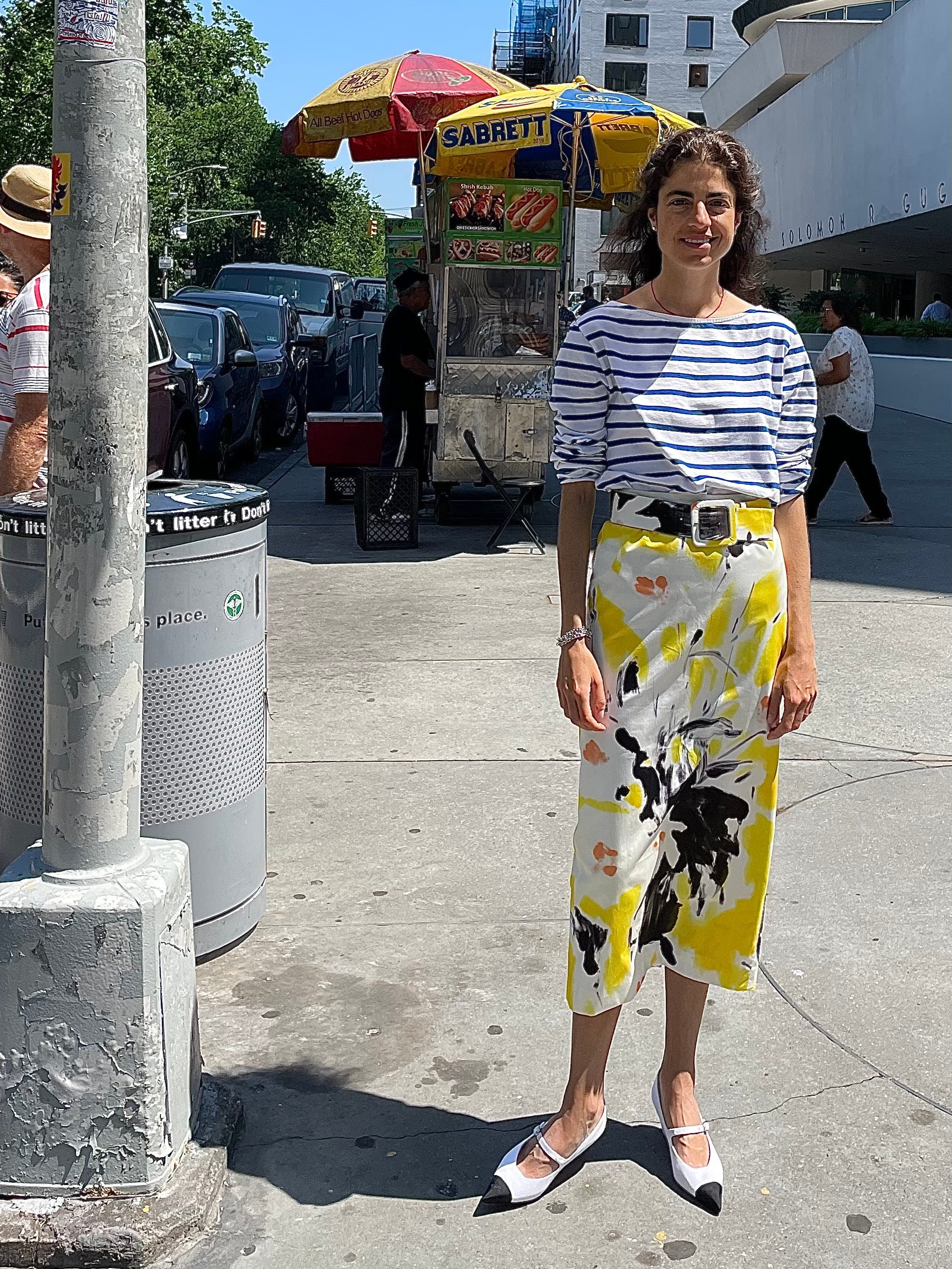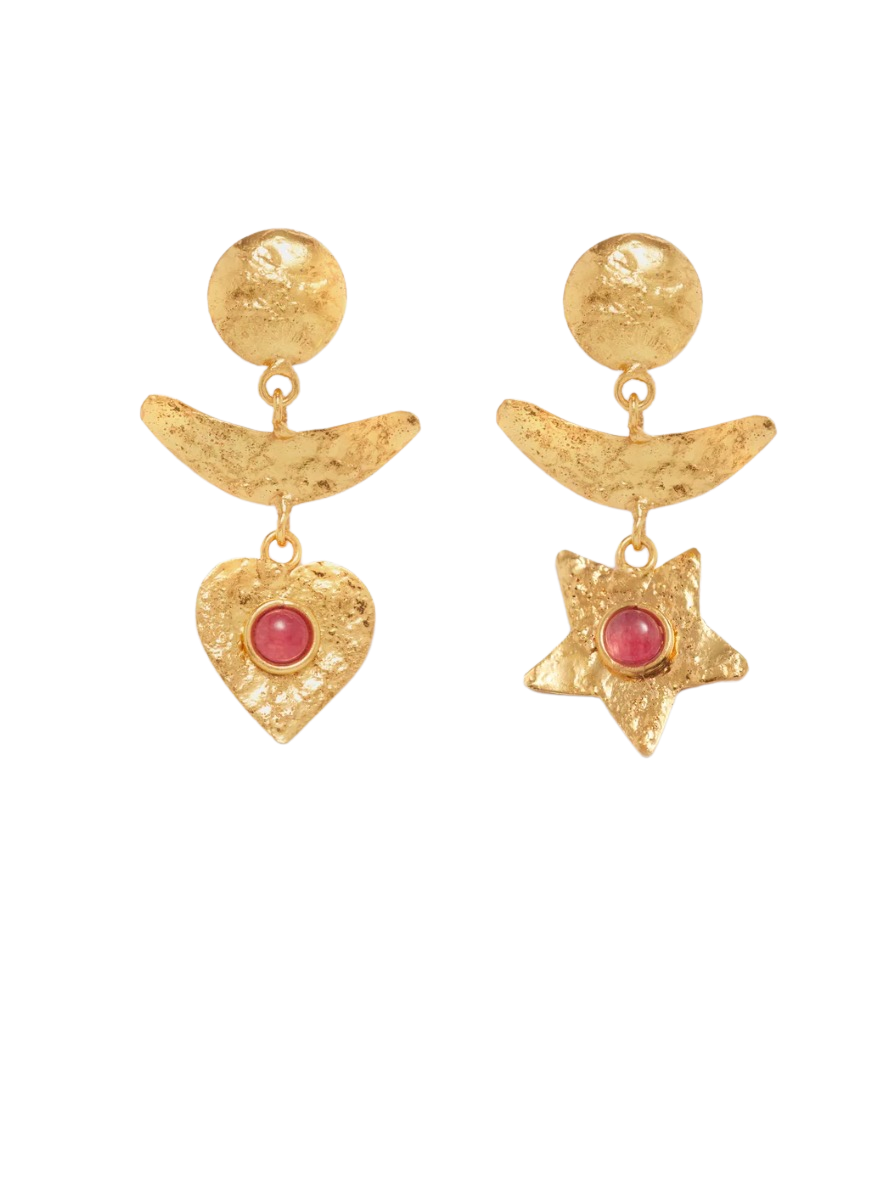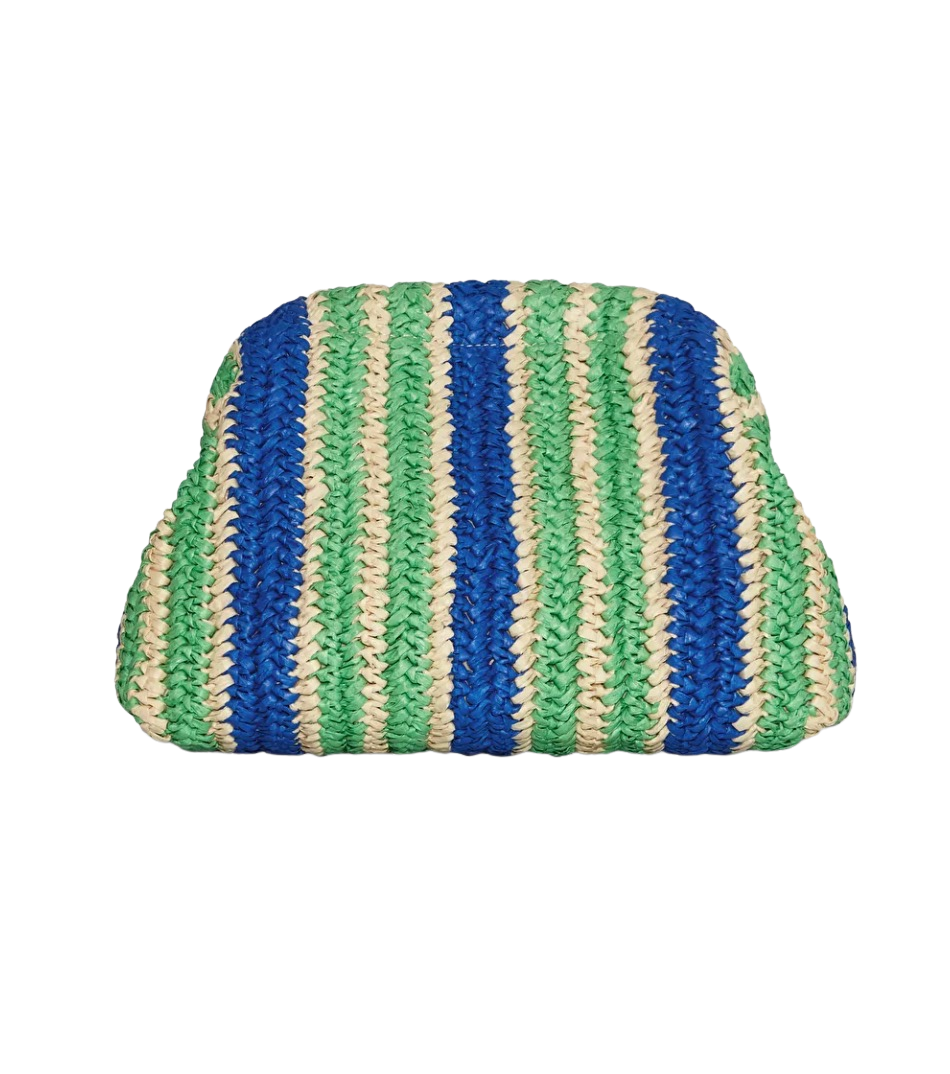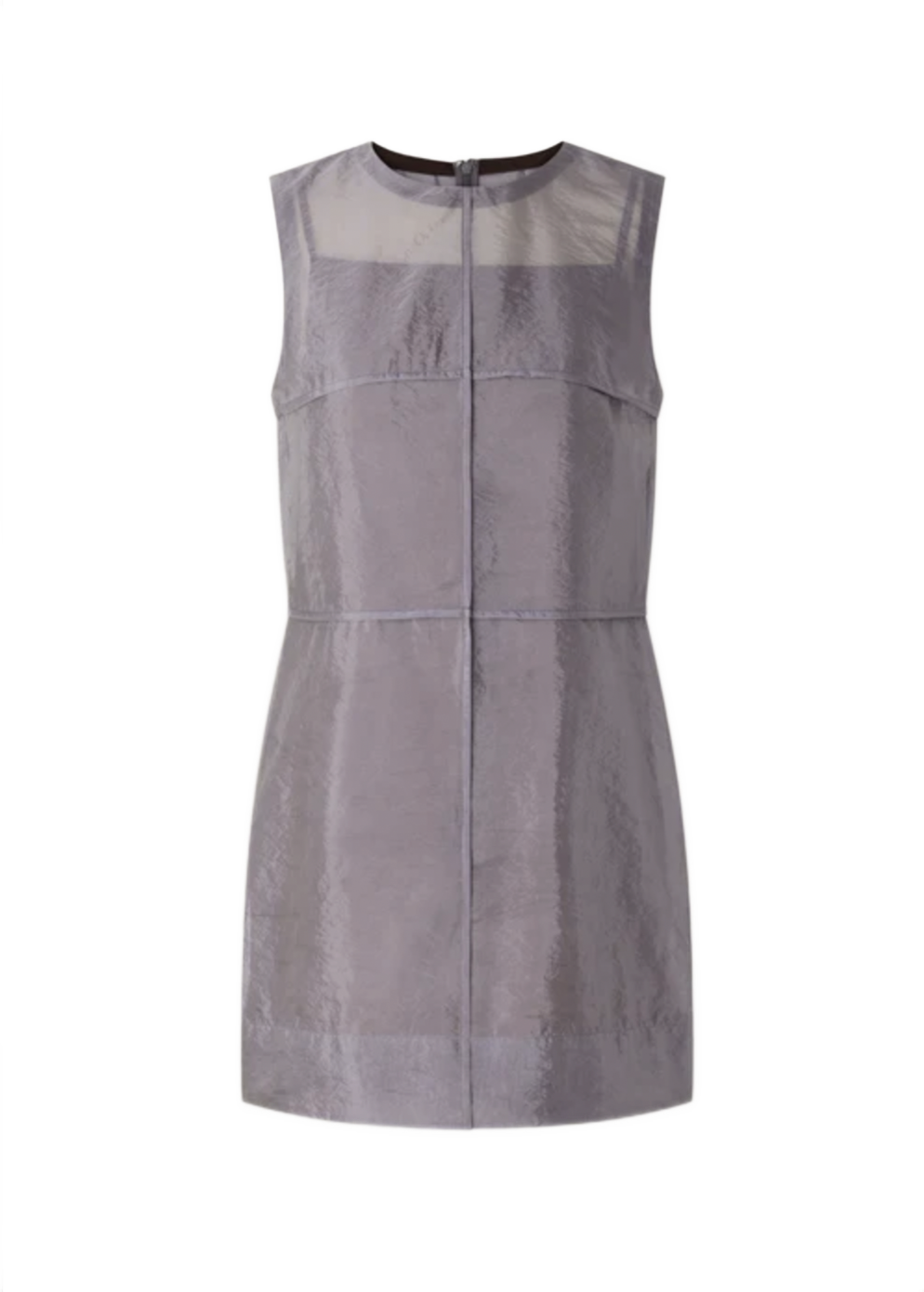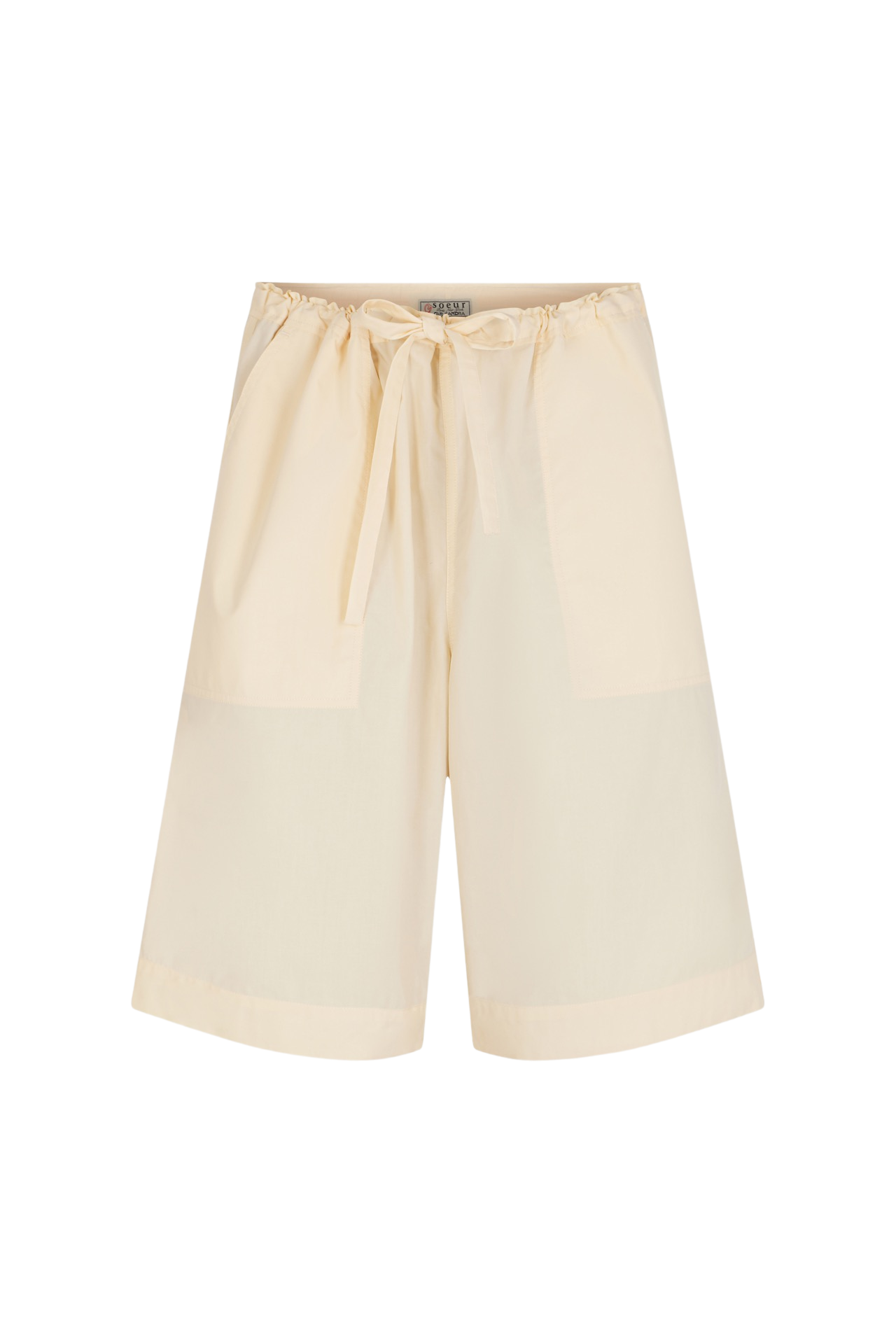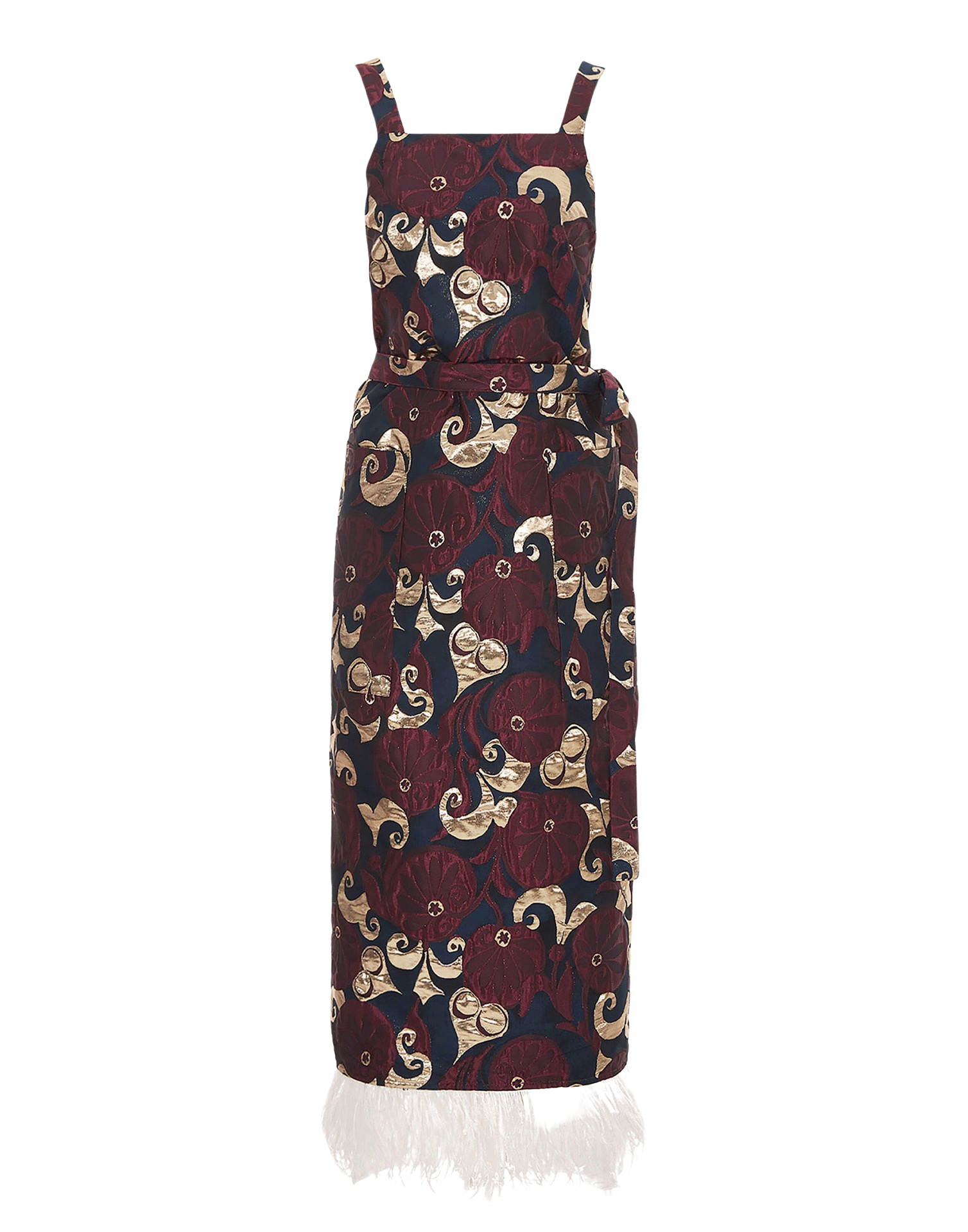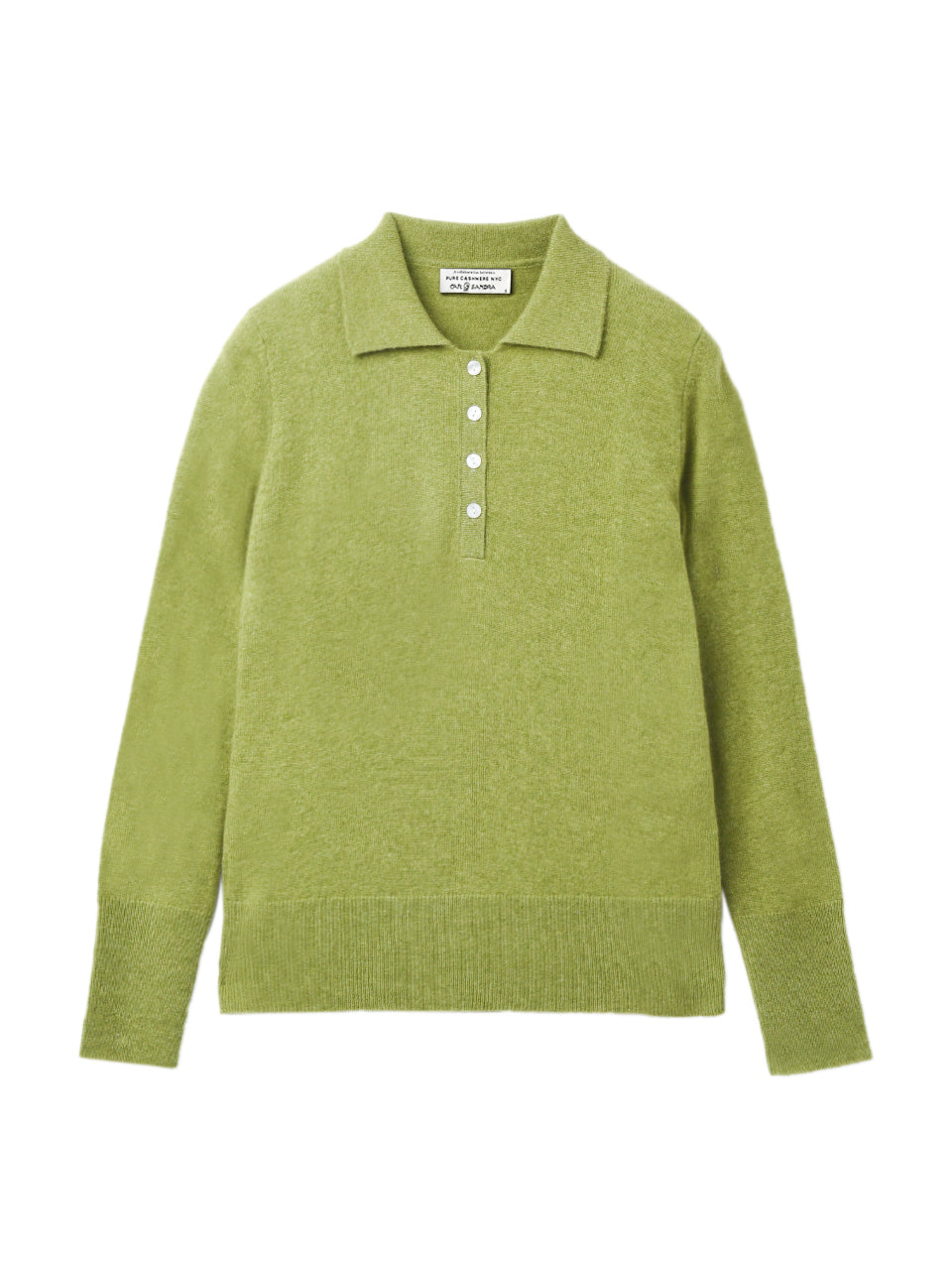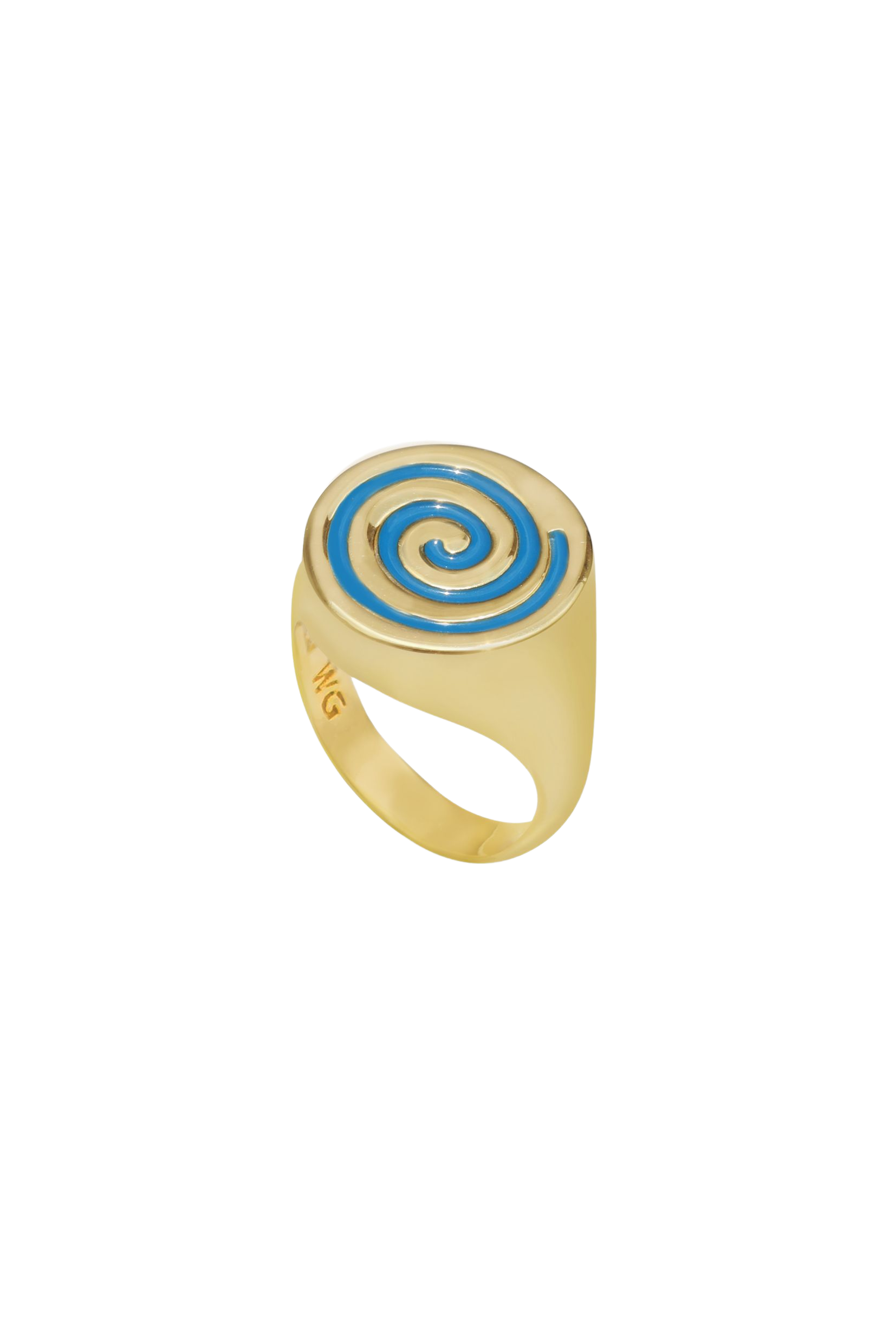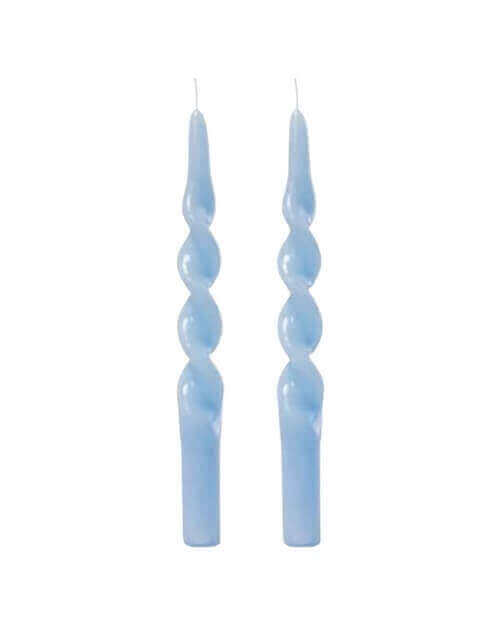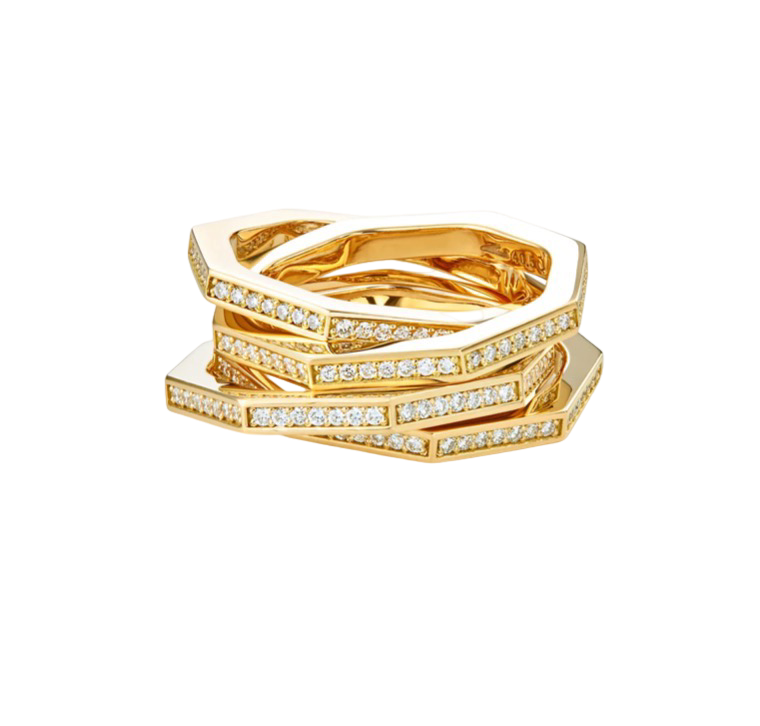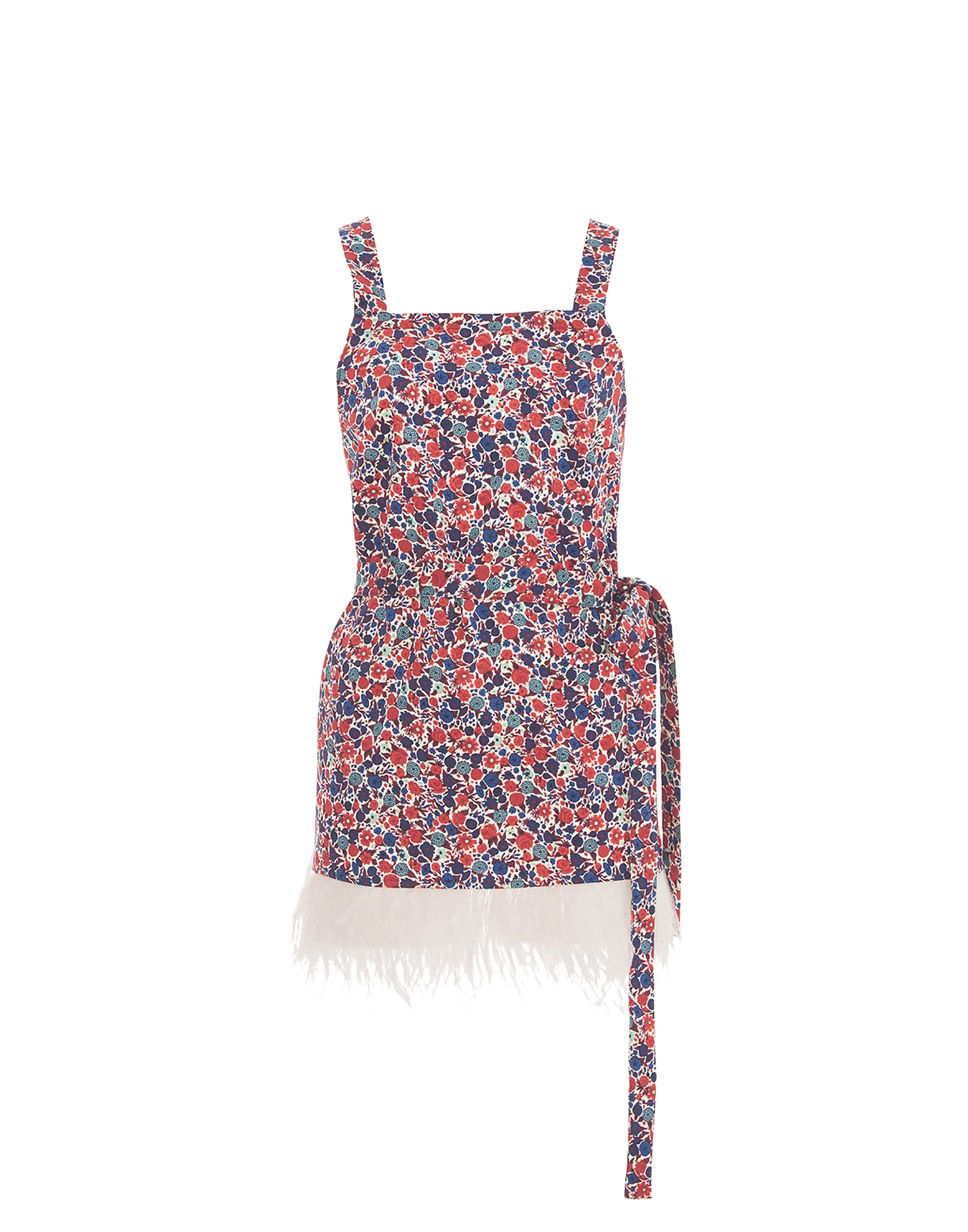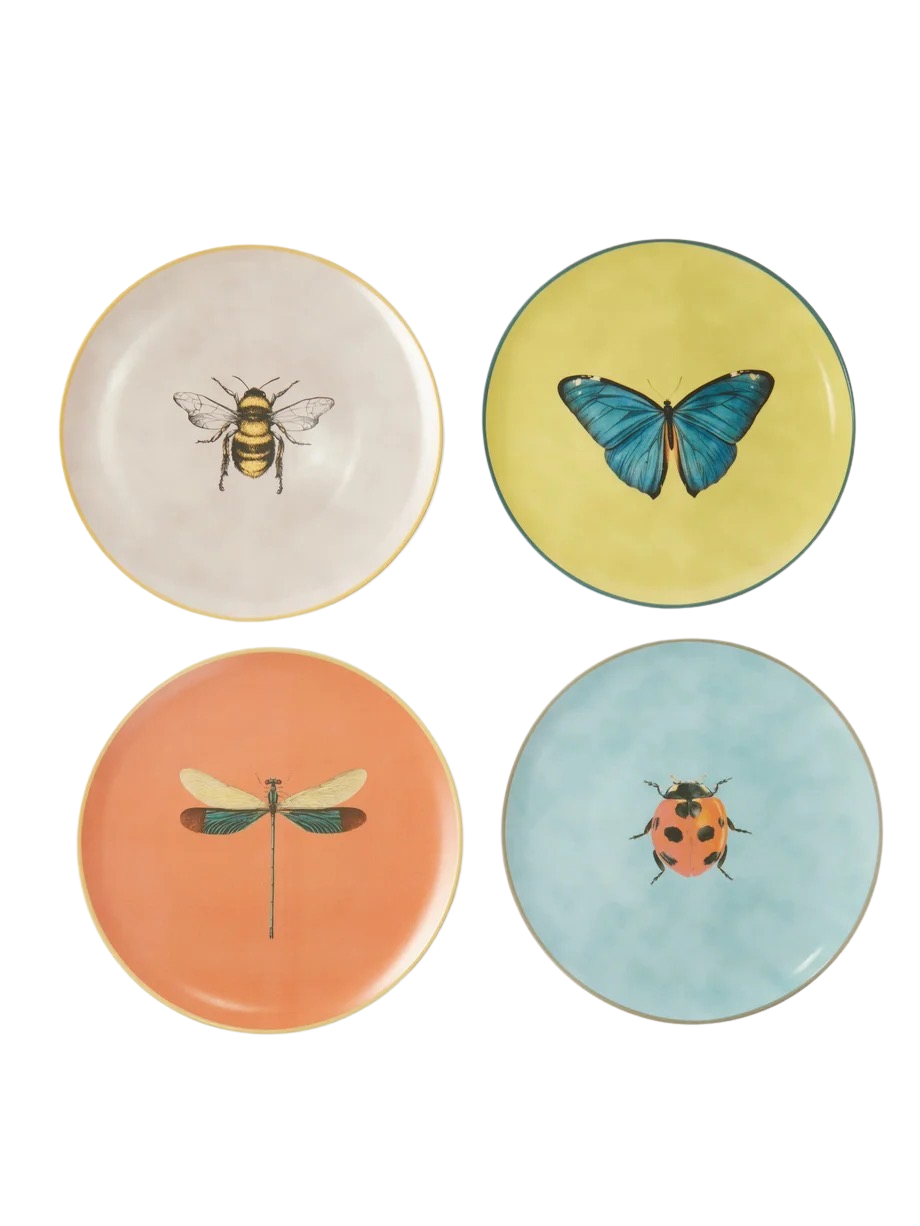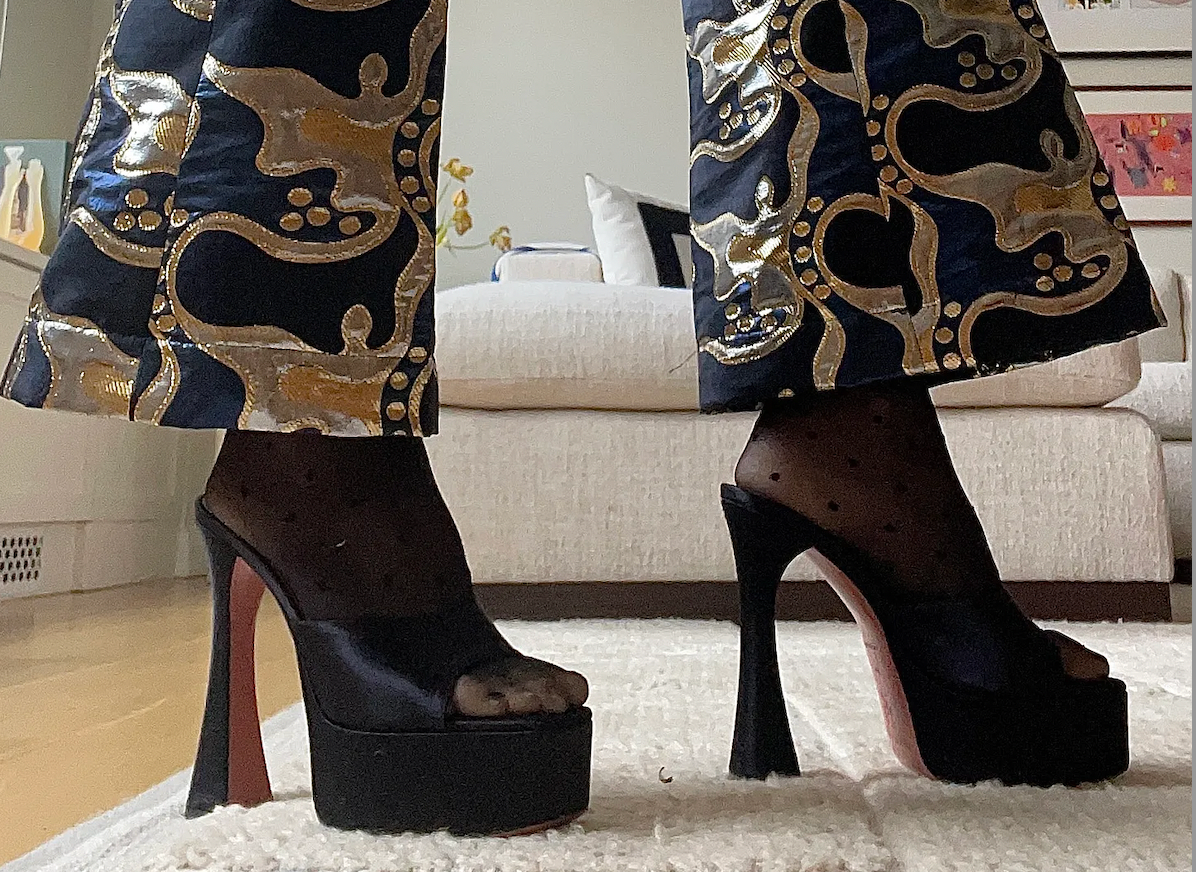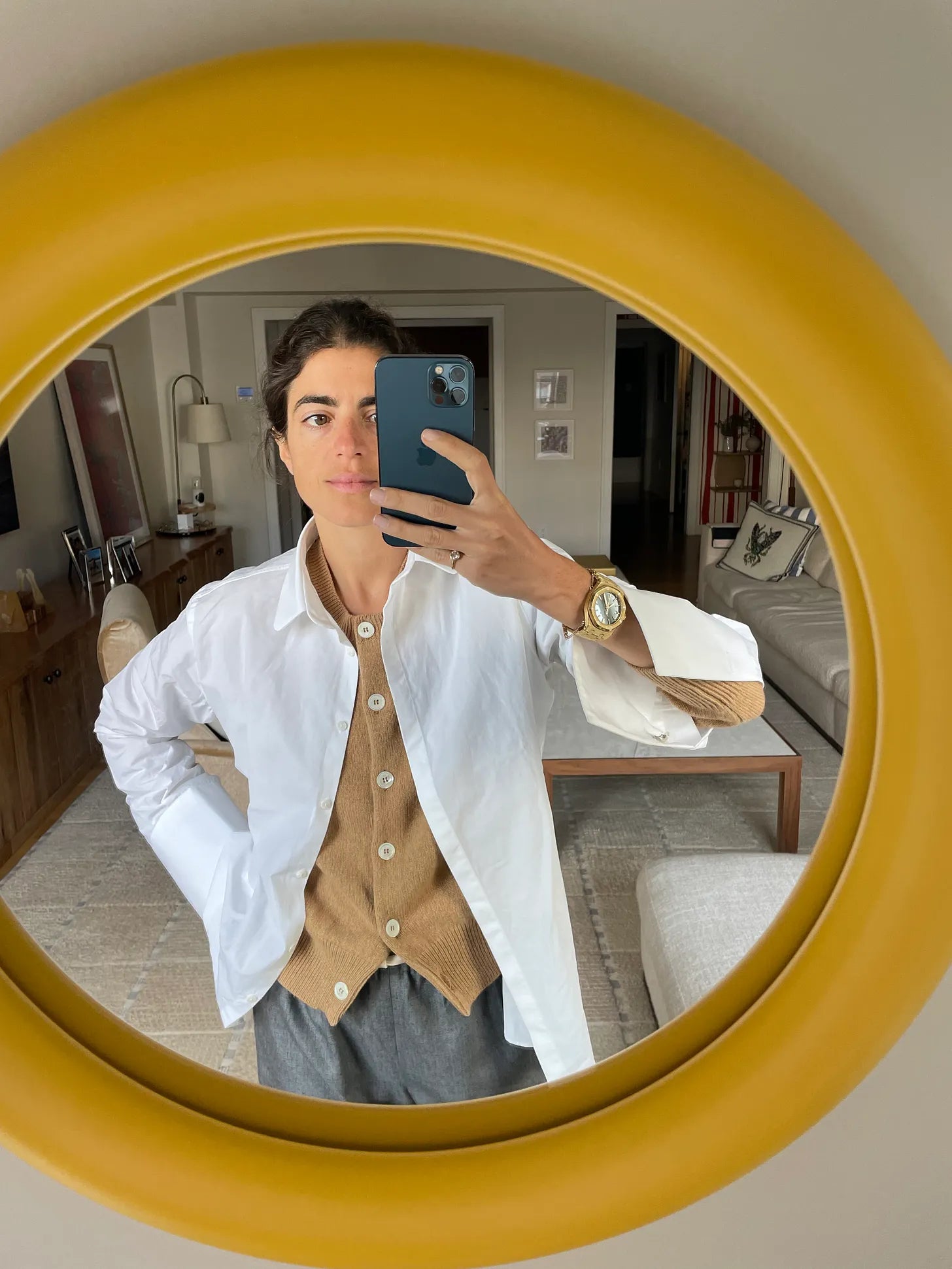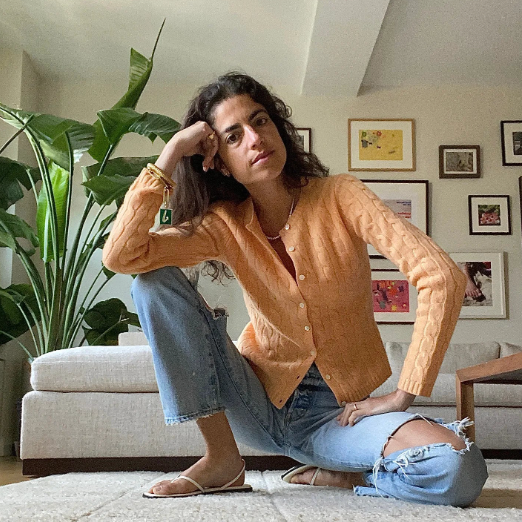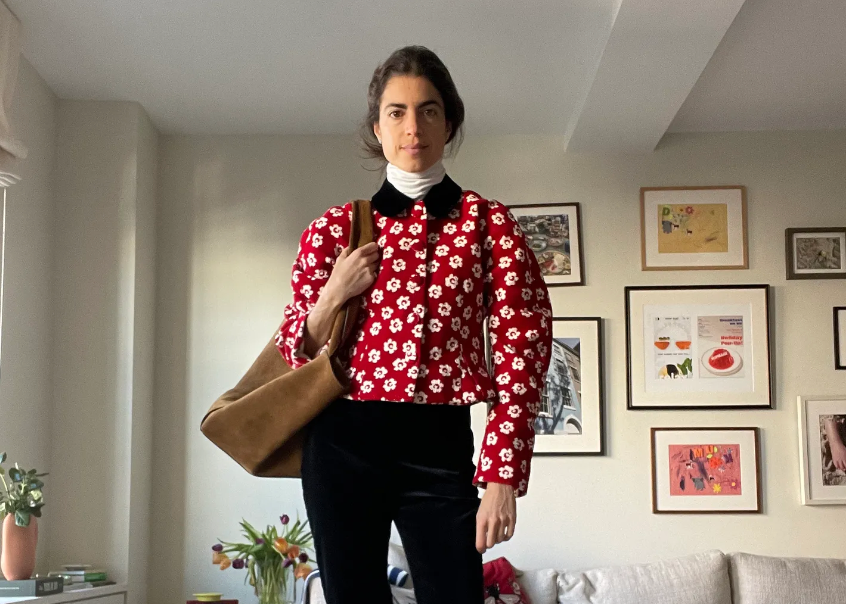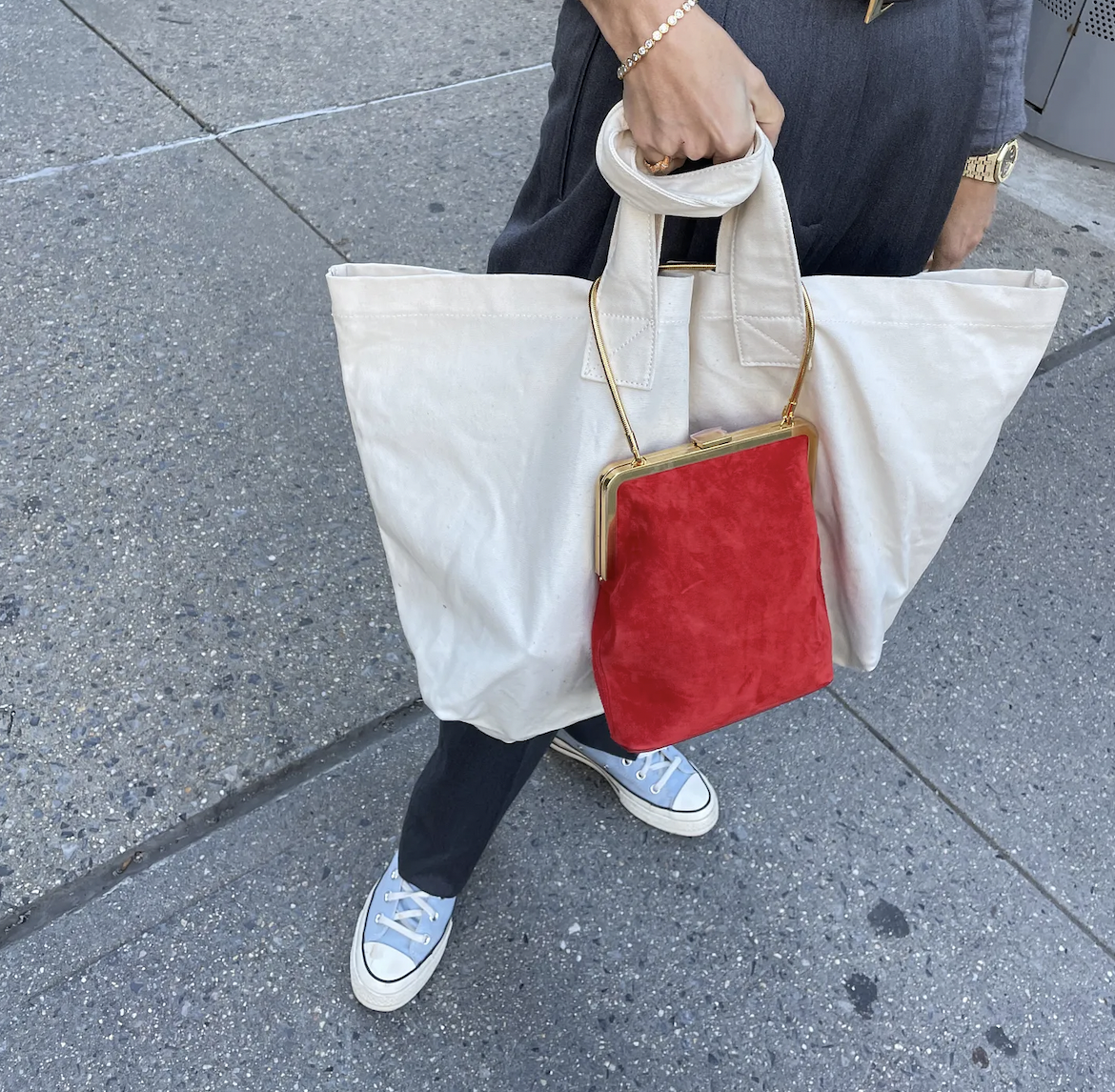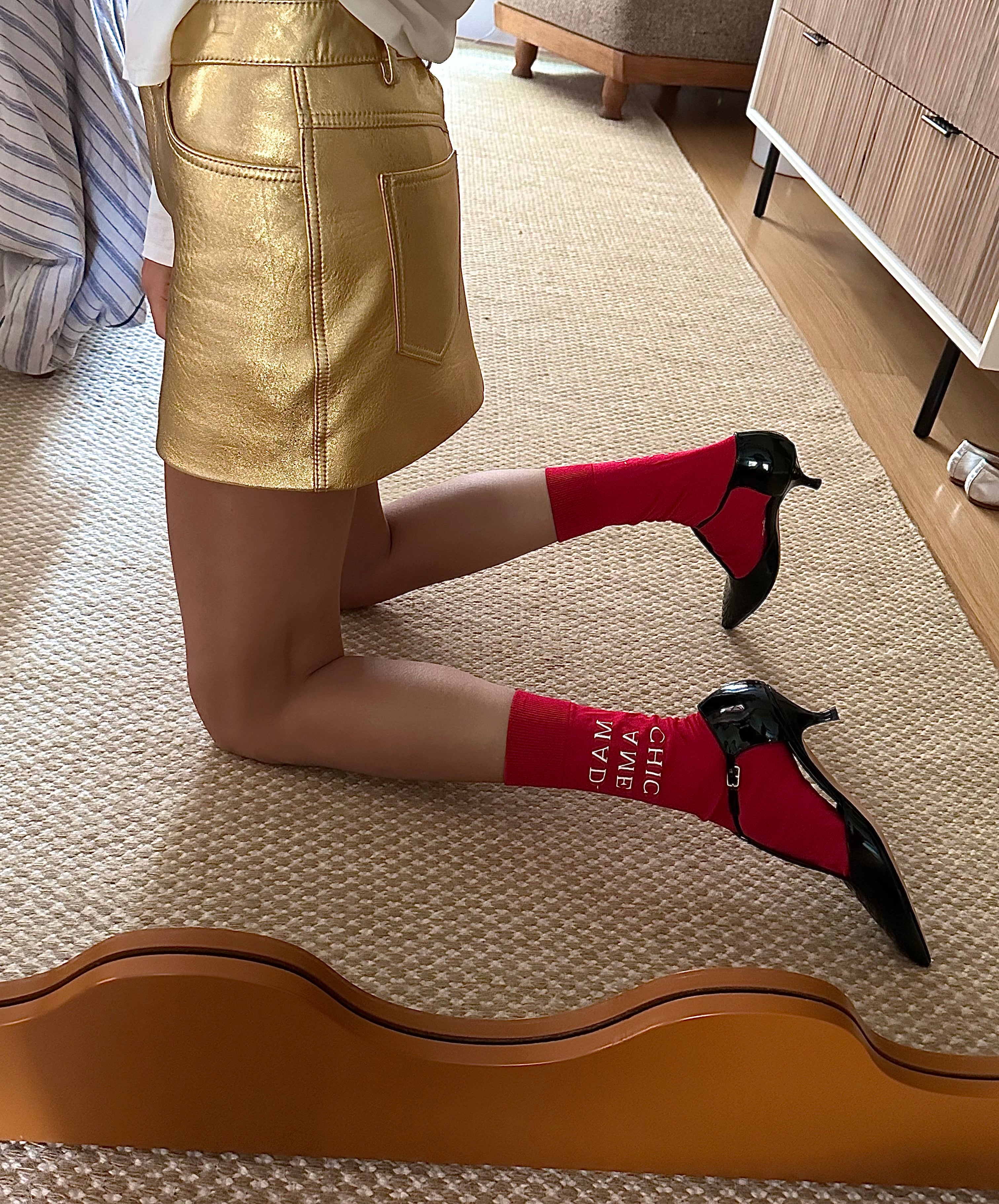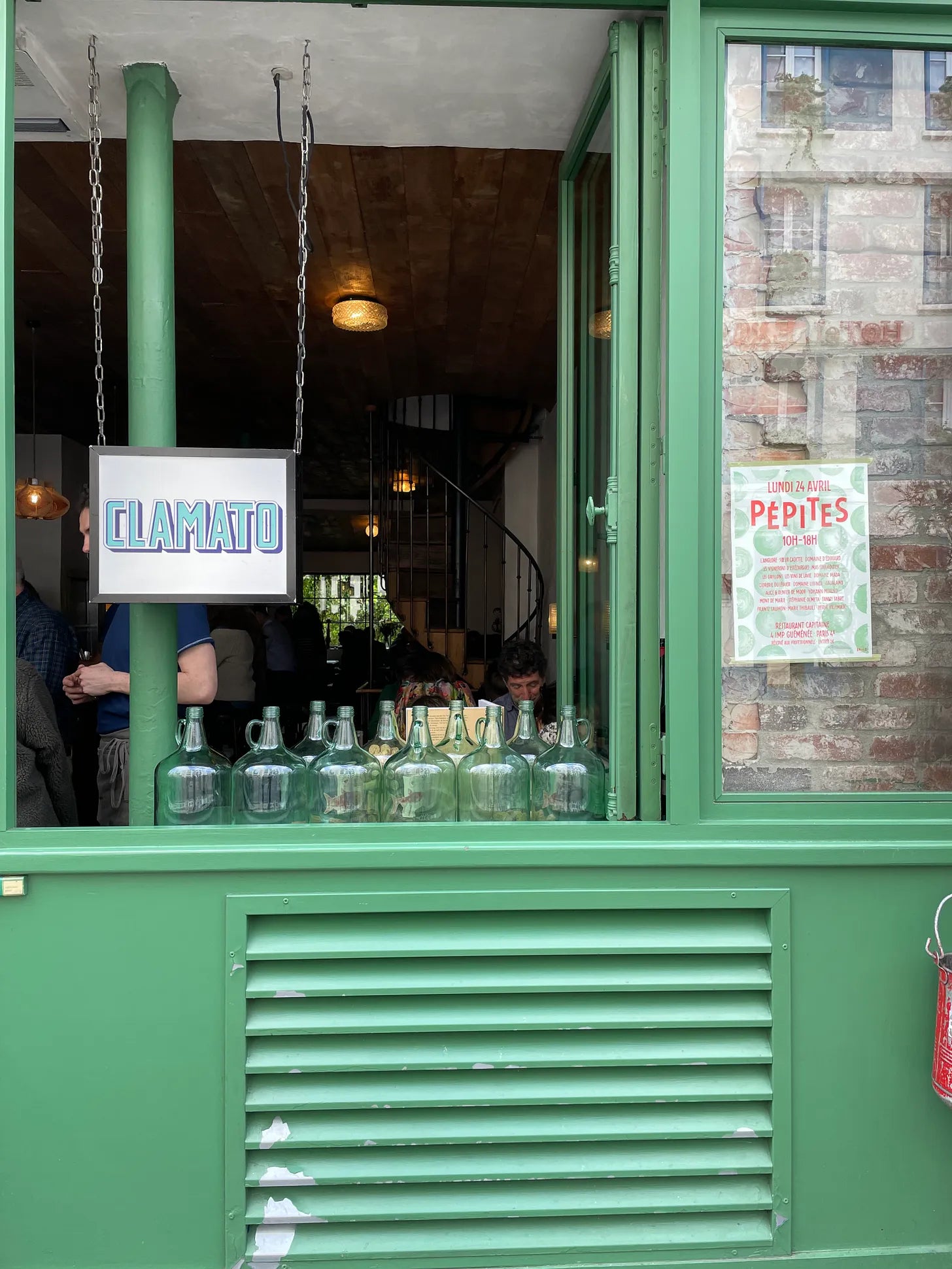#021723: Validation, lucky girl syndrome and the myth of feminine martyrdom
I was recently messaging a friend who I had not connected with in months and she asked what has been on my mind. Does anyone ever ask this to you? It was oddly satisfying to be on the receiving end of the question, like it provided a container for me to acknowledge and organize some of the things I’ve been thinking about. Things like:
Validation. Last week I was coming home from a fashion show and sitting on the subway thinking about how different it feels to be in those rooms now vs. before the pandemic when I was still running my now-closed company, Man Repeller. On one hand, I miss feeling important: essential to the mechanism, or meaningful enough to be acknowledged by The People in Charge.
On the other hand though, I understand in a much more intimate and familiar and even relieving way now that while I might not be essential to the mechanism, I also never really was. So much of what so many of us do, no matter what we do, seems to get shrouded in this elusive pursuit of status that can easily delude you or me into thinking that we’re more important than we are specifically to the extent that the sense of humor and fluidity that is actually essential to the process of creating goes rigid. Like we start to take ourselves and our work so seriously that we can barely tolerate it and ourselves.
This feature can be particularly tricky when you work in a creative industry. It makes disconnecting from the work not just easier but inevitable, and when you’re not connected to the work, you’re cut off from your creativity too.
It’s like exposure therapy going back into rooms that you used to frequent but haven’t been in for a long time. You get to measure your growth and identify where you are still being called to stretch.
The other thing I noticed is that my wanting to feel acknowledged by The People in Charge was really wrapped up in my wanting to feel special. This feeling is not foreign to me and I’d venture to say it’s not probably not to you either, but one thing I have really started to understand in the past like, 6 months is that depending on someone else (anyone, really, but especially a stranger) to give me the feeling that I am special is a fool’s errand that might work at first, but which will, eventually, run me into the ground. Again.
This is what got me thinking about validation and what happens when you externalize it.
I’ve always known myself to be confident and yet over the decade that I ran Man Repeller, my confidence started to ride on what the people around me thought of my work. Whether I was perceived as clever enough to be taken seriously as a writer and a thinker, as knowledgeable and stylish and “cool” enough to be part of fashion’s establishment, as gritty and masculine enough to become financially successful. How I tried to earn validation and from whom seems so clear to me now. That and at what cost it came: watering down the reverence I held for my own self-image.
This is where confidence comes back in because it’s not like my self-image changed, like I started to think myself a loser or an idiot or a failure, I just stopped caring more about what I thought of myself than what the people around me did — those who I believed were the key holders to my validation.
The reason it’s tricky to get caught in this web is because when what you think of you matters less than what others do, it can drive you to bend yourself into shapes that are completely unfamiliar. That misalign with your integrity.
This misalignment feels like a guttural betrayal that is tolerable only when you earn the externalized validation that you seek. And this moment in the cycle is precisely what makes the validation addictive. It’s like, you lose yourself, then feel like shit — guilty and shameful — about the fact that you don’t recognize who is looking back at you when you look in the mirror, but if the mission of your going against your nature pays off and you get what you abandoned yourself for, that makes it feel like it was worth it, so you keep doing it until it becomes a pattern. Patterns are so fucking hard to break. Eventually, the pattern breaks you.
Which, of course, can be a blessing. In the end, for as many regrets as I have had about the end of Man Repeller, about the way I stepped down and did not stand up, it feels good to be anchored in the knowledge now that no one’s opinion of me matters more than my own. Your reputation is not all you have, but your values really are.
Be good to yourself — it is essential if you truly want to be good to others.
Meanwhile, have you heard of lucky girl syndrome? I didn’t know what this was until earlier this week when Ana Regler mentioned it at a virtual meet-up for Cereal Aisle subscribers.
If you are not familiar, it’s a TikTok trend and the basic gist is… The Secret rebranded. Like if you believe you’re lucky, then you will be. Send positive affirmations out into the universe and the universe will bend to your favor, baby! I don’t know how these viral videos actually play out, or among what genre of Gen. Z person they are most popular with, but I have to say that I love that it’s branded in the feminine as lucky girl syndrome for the same reason I was into the Bimbo era on TikTok.
Some people seemed to be really appalled by Bimbosim for, I guess, making a woman’s value about her “stereotypically feminine traits” but I thought it to be an easy, digestible, low-common-denominator conversation starter on how we can redefine feminine power. Which I have been thinking about a lot, actually. Specifically in the context of what an American matriarchy can look like — and when I think about it, it doesn’t feel feminist in the ways I’ve heretofore understood and participated in feminism, which has, by and large, necessitated a fight (essential at first) and an arduous climb out of the mold of my person into this caricature of something else. But, idk, I’m ready to lean on my feminine power a bit more. On my intuition and instinct (not the same as impulse!) and natural interests over logic and rationality at all costs.
Sometimes I wonder if I felt the need to prove my intelligence and interests beyond style and clothes so hard in leg 1 of my career because I felt like the truth — wanting to do clothes full time, full stop — made less of me.
That was a bit of a digression. As far as lucky girl syndrome: I had been thinking about feminine martyrdom in the context of my own life when it came up. About the expectations I have both imposed on myself and taken upon myself when they’ve been imposed on me. I’m still blown away, for example, whenever I can observe how small I start to feel when I do anything for my own sake at the benign consequence of my kids’ sake.
So like, when I miss bedtime more than once in a week. Or when I haven’t dropped them off at school in more than a day. When I give them the same dinner two nights in a row because it’s easier than cooking 2x. Then I remember that spontaneously meeting Abie for dinner in Soho on a random Tuesday at 6 p.m., or giving myself that extra hour that I would have been cooking to write, or to connect with a friend, or to stretch my body in various spinal twists — or staying home and meditating instead of plunging myself out the door at 7:45 a.m. makes me a better mom. I have more patience, I don’t feel depleted, I’m eager to spend time indulging my daughters’ curiosity, playing with and connecting to them.
It’s impossible for me not to apply the basic principles I’ve learned about how to be a good mom (by my own definition) to otherwise areas of my life, and otherwise ways — in my career, as a partner, as a friend, etc — I’ve fallen victim to the myth of feminine martyrdom as The Standard of Righteousness. The standard, frankly, of how to be a woman.
This relates to lucky girl syndrome in that the brand of martyrdom I’m talking about is that of this kind of selflessness that leads to the erasure of oneself through the prioritization of everyone else.
But trying to erase yourself will do nothing if not nurture and grow resentment. Make it seem like you’re not supposed to be here! I don’t want to teach the generation of children that I’m raising that it is a woman’s role to disappear into the wallpaper, to dismiss my own needs and tend to someone else’s.
What lucky girl syndrome asks you to do, at least as far as I choose to interpret it, is put yourself front and center for a second, think about all the ways in which you are lucky (and all of us do have unique forms of luck that were bequeathed as our respective birthrights) and then approach the world through that frame of mind.
I don’t actually think that the world around you changes, that the difference in your quality of life will be measurable based on what happens to you so much as it will be what happens in you. Like the way you perceive your world changes and that shift in perspective, I feel confident saying, can totally change your life.
On luck as a unique birthright, by the way, this has been another theme coming up very often. It’s my belief that we’re all born with our own kind of luck — that each of us carry some kind of raw talent or an unexplained entitlement (wealth, beauty, unconditional love) and some of us are born better equipped to nurture this luck either because of the conditions into which we are born, or because our characters somehow make it easier. This doesn’t make the path to seizing the luck fair but there is some relief in buying into the underlying belief that we all still have it.
I think I tried to push the presence of my own luck away because I thought that falling back on it — appreciating that it was there at all — would make my work and my effort and my contribution matter less. It’s ironic in the context of martyrdom, no?
But I know better now that when you acknowledge your luck — when you learn it, study it, truly get to know it, you can use it to start making the kind of luck that can be transferred. It’s like, first you change your own life then you change another and on, and on.
I just had this vision of ships rising at tide and realized that though they do it together, it happens incrementally, against the shape of the ocean’s waves. What one ship starts, another picks up, then another until they’ve all risen. Of course, they also come back down but this happens within a collective, together in its own way too. How gorgeous is that?

August 8th 2021; Bodrum, Turkey



